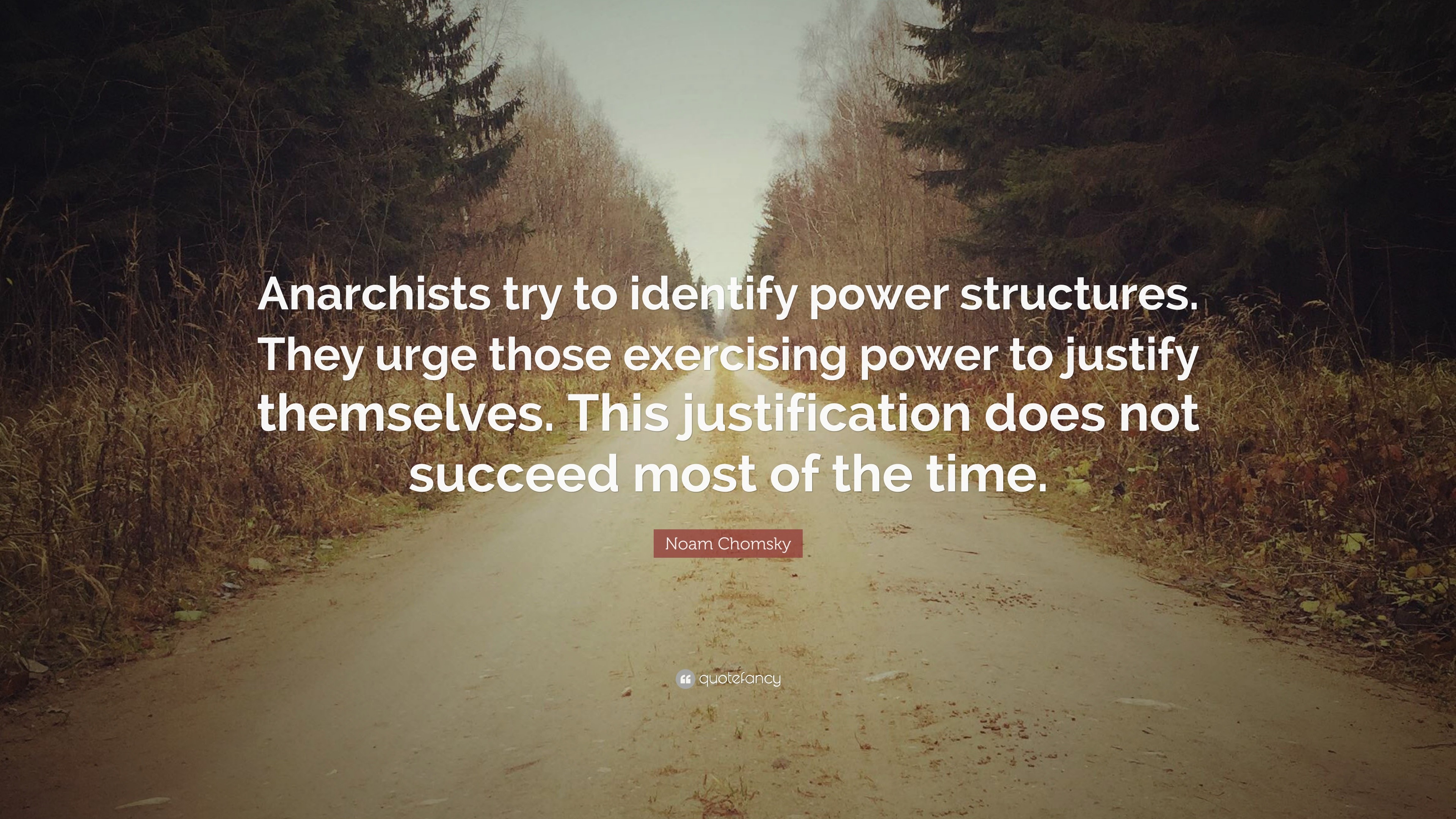We think of anarchy as being against centralised power at all costs. But, argues philosopher Melanie Erspamer, for anarchism to be affective in the world, it needs institutionalisation. What is more, our institutions need anarchism – its principles, its strategies and its values – in order to prevent problematic concentrations of power. Anarchy is an anti-power philosophy. But, paradoxically, anarchists must take positions of relative power, in order to counter the monopolistic forces of government and large corporations today. Like communism, anarchism emerged in mid-19th century Europe with the new worker’s movement, entered the arena of party politics after World War I, and by the end of World War II retreated from the arena of democratic or government politics, becoming a possible current for social movements and eventually academia. By then, in a process beginning already with Marx and Bakunin’s disagreement during the First International, it h…
Read the full article which is published on IAI TV (external link)







